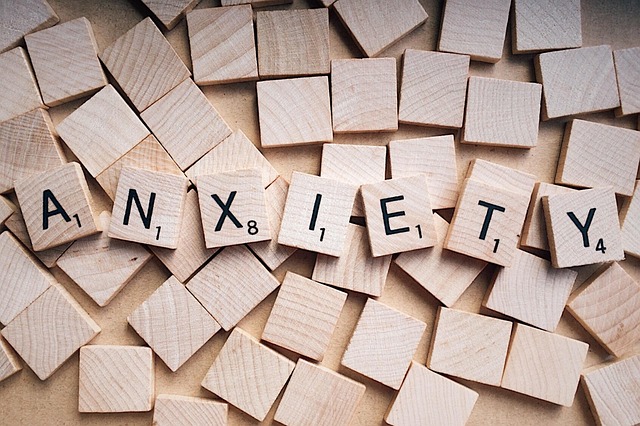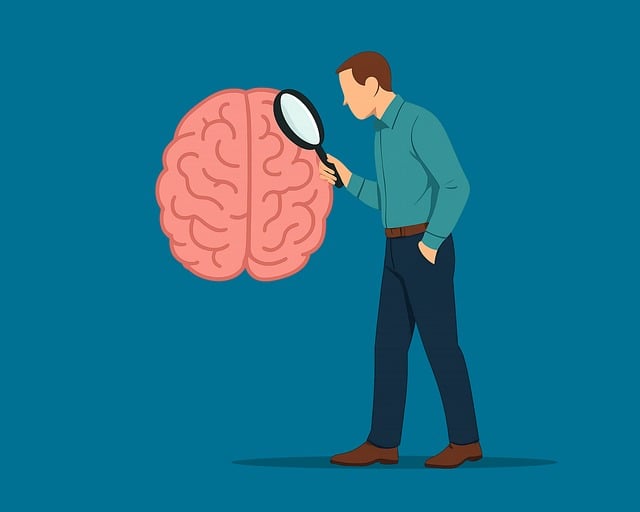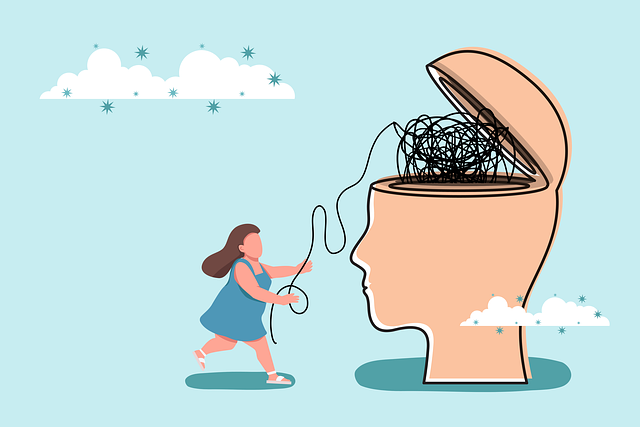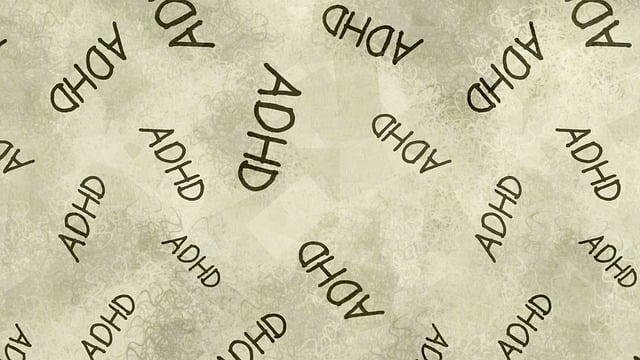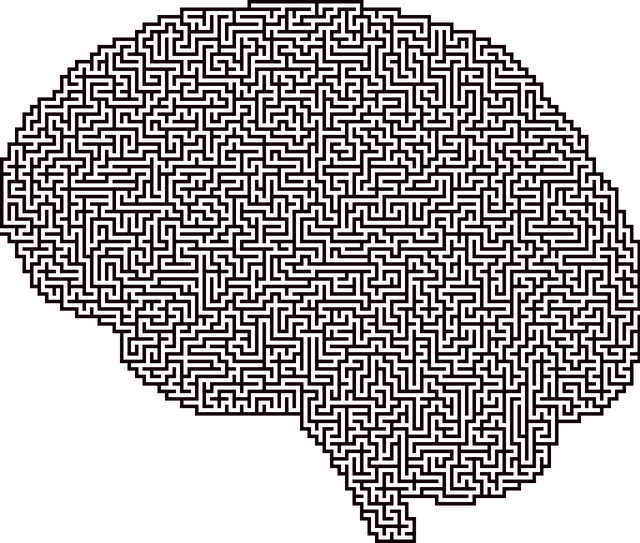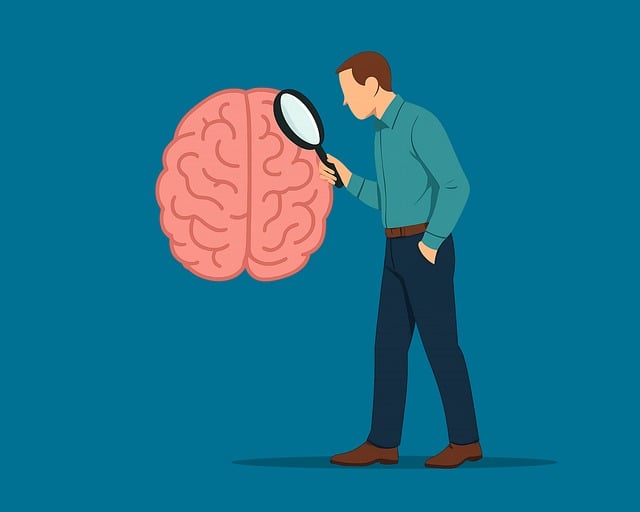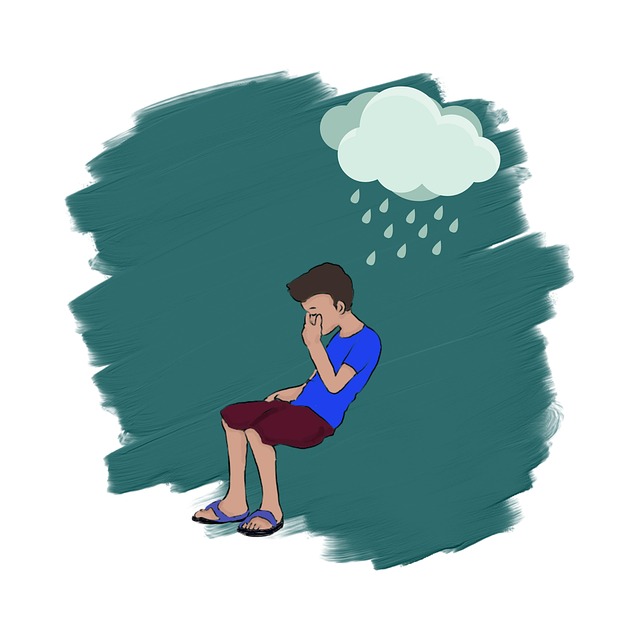In response to rising teen mental health concerns, Highlands Ranch Adolescent and Teen Therapy centers advocate for comprehensive Mental Health Education Programs. These programs should incorporate interactive workshops, emotional intelligence training, and accessible resources to combat stigma and empower teens to recognize and address mental wellness issues early on. Drawing from the successful production of Mental Wellness Podcasts, these initiatives can foster open conversations and build inner strength. Key strategies include creating safe spaces, peer-led discussions, art therapy, crisis intervention guidance, and tailoring interventions to individual needs, all aimed at improving adolescents' long-term mental well-being. The effectiveness of such programs is measured through holistic tracking of academic performance, social interactions, and overall well-being, demonstrating their impact on reducing adolescent burnout.
In today’s fast-paced world, mental health education is crucial for adolescents and teens navigating a complex landscape. The demand for comprehensive programs like those offered by Highlands Ranch Adolescent and Teen Therapy is on the rise. This article delves into the essential components of effective mental health program design, exploring strategies to reach and engage young minds. We examine success measurement techniques through the lens of Highlands Ranch’s approach, offering insights that could revolutionize youth mental health support.
- Understanding the Need for Mental Health Education in Adolescents and Teens
- Key Components of an Effective Program Design
- Implementing Strategies to Reach and Engage Young Minds
- Measuring Success and Long-Term Impact at Highlands Ranch Adolescent and Teen Therapy
Understanding the Need for Mental Health Education in Adolescents and Teens

In today’s fast-paced world, mental health issues among adolescents and teens have become a pressing concern, underscoring the critical need for comprehensive education programs tailored to this demographic. The statistics from Highlands Ranch Adolescent and Teen Therapy centers reveal an alarming rise in anxiety, depression, and other psychiatric disorders among young people, often left undetected and untreated. This trend highlights a fundamental gap in understanding and managing mental health, an issue that cannot be addressed without proactive interventions.
The development of effective Mental Health Education Programs Design is pivotal in fostering public awareness campaigns that target adolescents and teens. By integrating interactive workshops, engaging discussions, and accessible resources, these programs can break down the stigma surrounding mental wellness. Incorporating strategies from successful Mental Wellness Podcast Series Production can further enhance engagement, providing platforms for open conversations and sharing valuable insights. Equipping young minds with knowledge about mental health early on is a game-changer, empowering them to recognize signs in themselves and others, seek help when needed, and promote overall well-being within their communities.
Key Components of an Effective Program Design

An effective mental health education program design for adolescents and teens, like those offered by Highlands Ranch Adolescent and Teen Therapy, should incorporate several key components to ensure impactful learning and positive outcomes. Firstly, emotional intelligence (EI) training is essential. Teaching young individuals to recognize, understand, and manage their emotions can significantly enhance their coping mechanisms and interpersonal relationships. This fosters a sense of inner strength development, enabling them to navigate life’s challenges more effectively.
Additionally, the design should focus on interactive and engaging activities that promote self-awareness, empathy, and resilience. Incorporating mental health education programs tailored to diverse learning styles ensures that every student can grasp concepts relevant to their well-being. By balancing theoretical knowledge with practical exercises, these programs empower adolescents and teens to take charge of their mental health proactively, much like building blocks for a strong foundation of inner strength.
Implementing Strategies to Reach and Engage Young Minds

Reaching and engaging young minds is a critical component of any mental health education program, especially when addressing issues like depression prevention. Strategies should focus on creating safe and supportive spaces where adolescents feel comfortable discussing their thoughts and emotions. This can involve peer-led discussions, interactive workshops, and even creative outlets like art therapy or Mental Wellness Podcast Series Production. By incorporating these engaging methods, programs can capture the attention of young individuals in Highlands Ranch Adolescent and Teen Therapy, fostering open communication about mental health.
Additionally, leveraging crisis intervention guidance as a strategy is invaluable. Equipping young people with tools to recognize and manage crises can significantly impact their overall mental wellness. This might include teaching coping mechanisms, stress management techniques, and providing resources for professional support. Tailoring these interventions to the unique needs and experiences of adolescents ensures that education extends beyond the classroom, empowering them to navigate their mental health journeys effectively.
Measuring Success and Long-Term Impact at Highlands Ranch Adolescent and Teen Therapy

At Highlands Ranch Adolescent and Teen Therapy, measuring success goes beyond attendance or short-term improvements. They employ a comprehensive approach to assess the long-term impact of their mental health education programs. This involves tracking participants’ progress in key areas such as academic performance, social interactions, and overall well-being over an extended period. By comparing pre- and post-program data, therapists can gauge not just behavioral changes but also deeper shifts in mental wellness.
One notable outcome has been the significant reduction in burnout among adolescents, thanks to the program’s focus on self-care routine development. This suggests that the skills taught translate into sustainable practices for maintaining good mental health. The therapy center’s dedication to continuous evaluation ensures their programs remain effective and adaptable, addressing evolving needs in mental wellness.
Mental health education programs, like those offered by Highlands Ranch Adolescent and Teen Therapy, are vital tools for empowering young minds. By incorporating key components such as awareness, coping strategies, and peer support, these initiatives can effectively navigate the complex landscape of adolescent mental health. Implementing creative reaching strategies ensures that engaging content resonates with teens, fostering a culture of open dialogue. Measuring success through long-term impact assessments allows programs to adapt and enhance their effectiveness, ultimately contributing to the overall well-being of our youth.

